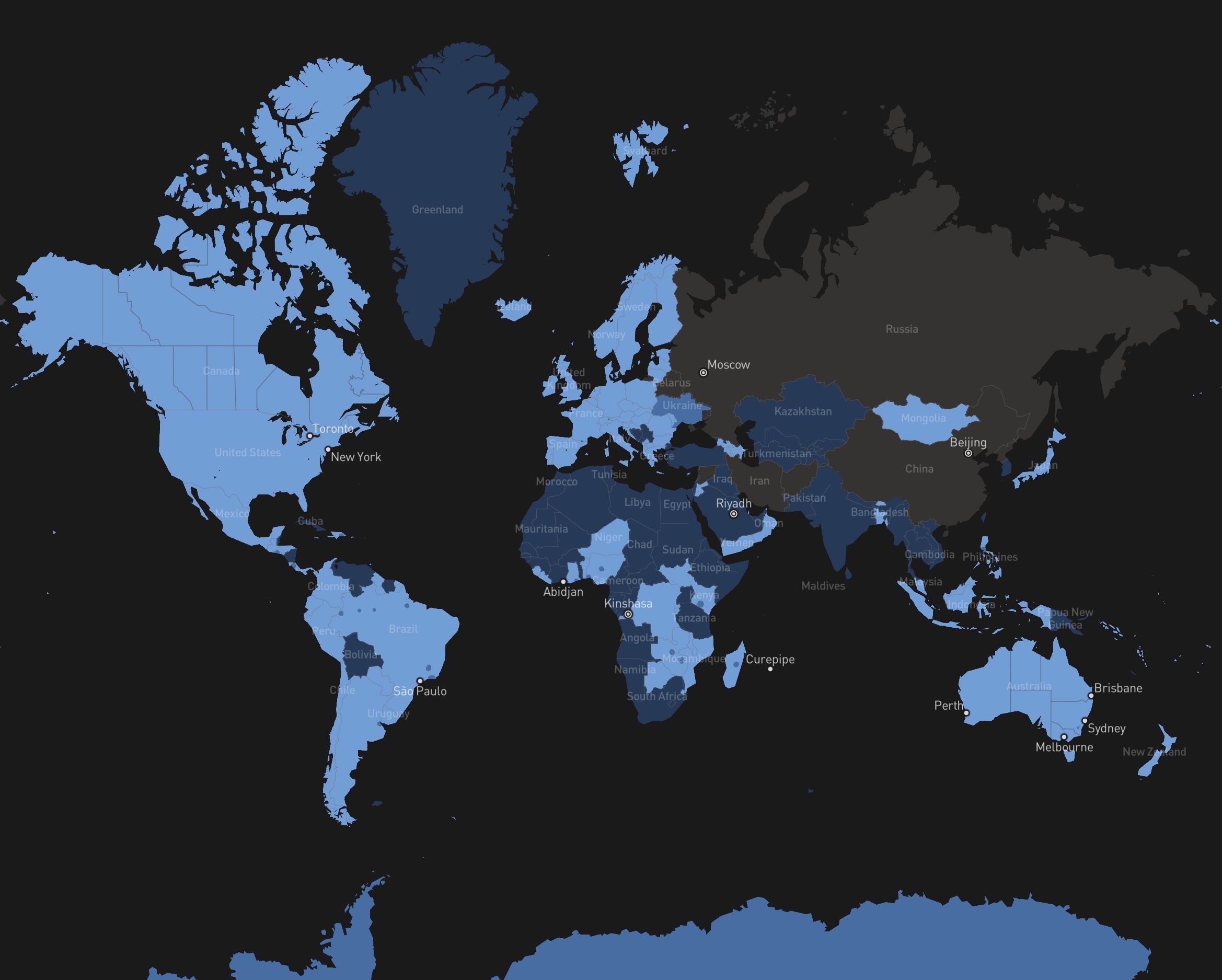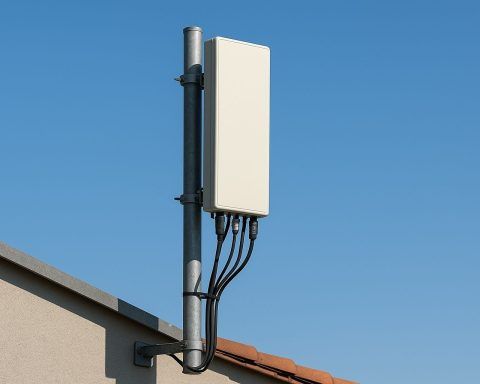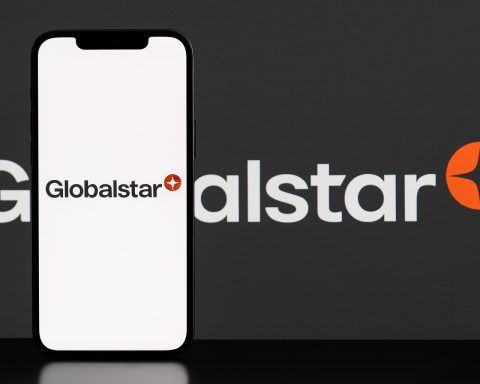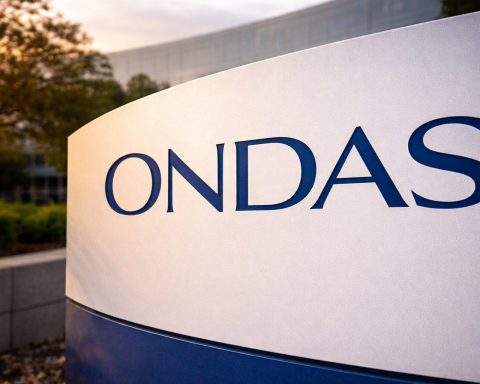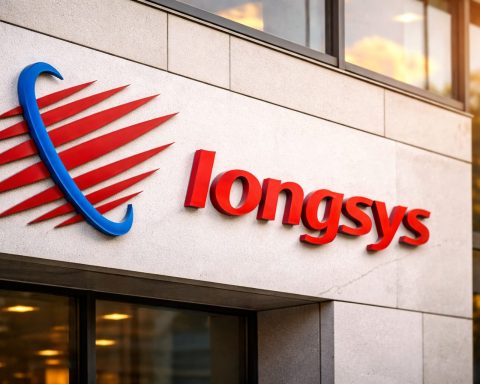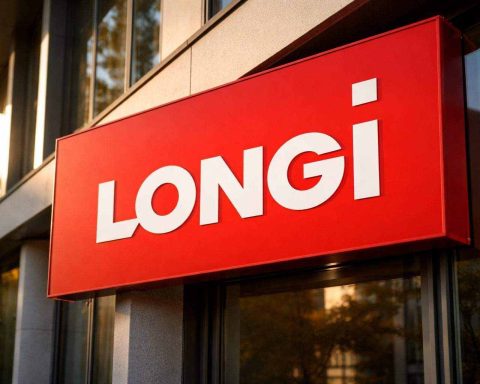
Inside Estonia’s Internet Revolution: How the Baltic Tech Star is Pioneering Connectivity (Even from Space)
As of 2022, about 94.9% of Estonian households could access fixed broadband, and 78.9% had gigabit-speed FTTP, well above the EU average. The government targets full gigabit coverage by 2030, with about 77% of households connected to a Very High Capacity Network by 2023. 4G coverage exceeds 99% of the population, and by 2023 5G coverage reached 87% of households, with Telia 5G reaching about 75% of the population by October 2023 and Elisa around 75% by early 2024. By 2024, 93.7% of the population were internet users and 92.9% of households had internet access. Starlink entered Estonia in August



